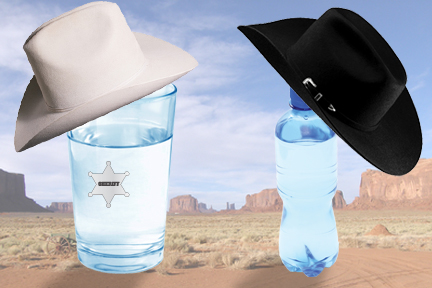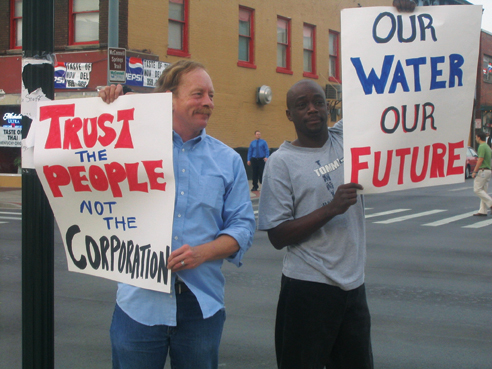
In 2008, bottled water sales in the United States experienced a decline — one that lasted for two consecutive years. This was good news for water advocates, and bad news for the bottled water industry. Many believe this decline was due to a combination of a troubled economy and a growing consumer consciousness about bottled water’s negative environmental impacts. But, while the entire industry reported losses, one bottled water brand stood alone with increased sales: Nestlé Waters’ Pure Life.
But what allowed this brand to shine in an otherwise challenging marketplace for bottled water? Was it brilliant marketing, or does the Pure Life brand represent something more than just a bottled water product?




